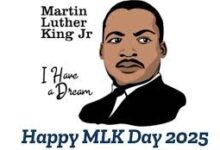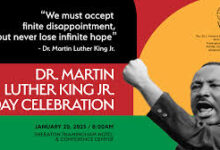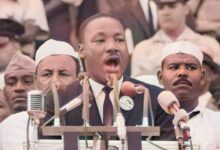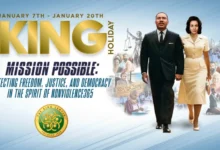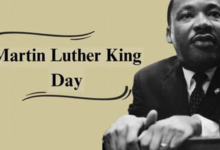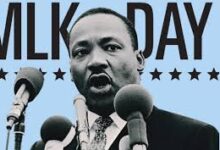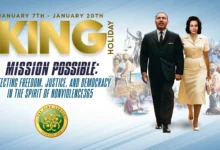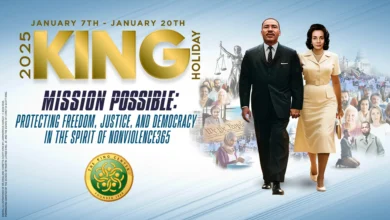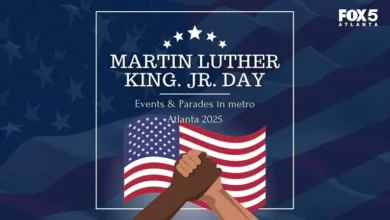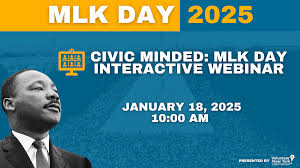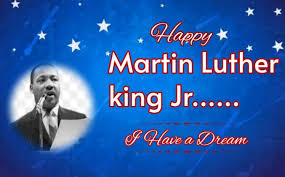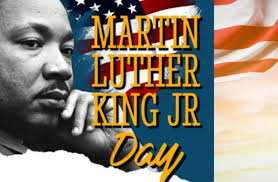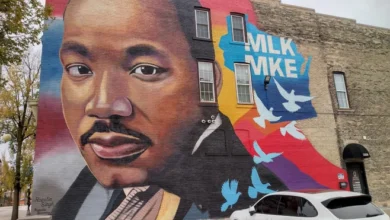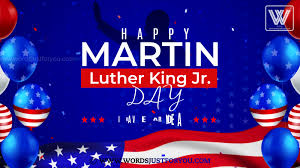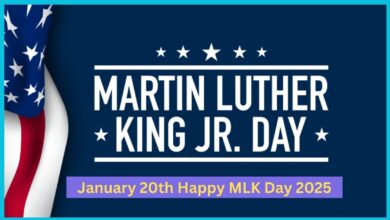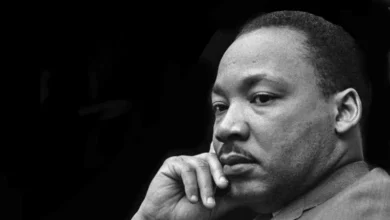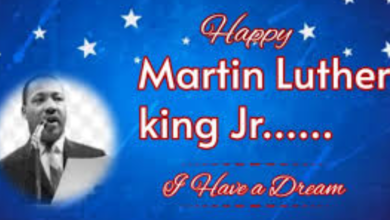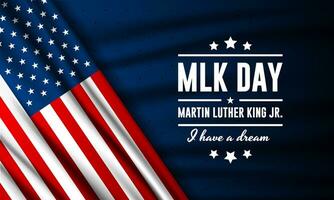Happy Dr Martin Luther King Day 2025 Unknown Facts
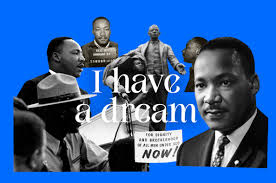
Dr. Martin Luther King Jr. is one of the most influential figures in American history, celebrated annually on the third Monday of January for his tireless work toward civil rights, equality, and justice. While most of us recognize him for his iconic “I Have a Dream” speech and leadership during the Civil Rights Movement, there are many lesser-known facets of his life and legacy that deserve just as much attention.
This year, as we honor his legacy on Dr. Martin Luther King Jr. Day 2025, here are seven fascinating and little-known facts about the man who changed the course of American history.
1. He Started College at 15
Dr. Martin Luther King Jr.’s intellectual brilliance was evident from a young age. By skipping both ninth and twelfth grades due to his academic excellence, King enrolled at Morehouse College in Atlanta at just 15 years old. Despite being younger than his peers, he thrived at the historically Black institution and graduated with a degree in sociology at 19.
This early start to higher education paved the way for his eventual doctorate degree in theology, solidifying his role as a thought leader in both academia and the church.
2. His Birth Name Wasn’t Martin
Dr. King was born on January 15, 1929, with the name Michael King Jr. However, in 1934, his father, Michael King Sr., traveled to Germany and became inspired by the life and teachings of Protestant reformer Martin Luther. Upon returning, Michael King Sr. officially changed both his and his son’s names to Martin Luther King to honor the reformer’s legacy. Dr. King’s name reflects generations of change, showing how one small decision can carry immense significance.
3. He Won a Grammy Award
Although not a musician, Dr. Martin Luther King Jr. received a posthumous Grammy Award in 1971 for Best Spoken Word Album. The award was given for his recorded speech, Why I Oppose the War in Vietnam, which offers a window into King’s stance on broader global injustices. This speech demonstrated his remarkable ability to intertwine domestic civil rights issues with a global perspective, showcasing his deep commitment to justice for all.
4. He Was Imprisoned Nearly 30 Times
Dr. King’s devotion to nonviolent resistance and civil disobedience often landed him behind bars. Throughout his life, he was jailed 29 times for acts of protest and standing against unjust laws. His arrests were seen as badges of honor for his fight against systemic oppression, with incidents such as his jailing during the Montgomery Bus Boycott and the Birmingham Campaign becoming pivotal moments of the Civil Rights Movement.
One of his most famous works, Letter from Birmingham Jail, was penned during his time in incarceration in 1963. This open letter articulated the philosophy and urgency behind the movement, inspiring activists around the world.
5. He Was Nearly Assassinated a Decade Before His Death
Few people know that Dr. King narrowly survived an assassination attempt in 1958—ten years before his tragic death in 1968. While signing copies of his book Stride Toward Freedom in a Harlem department store, a woman named Izola Curry stabbed him in the chest with a letter opener. The blade came so close to his aorta that had he sneezed, it could have ruptured the artery and ended his life.
King later reflected on the incident during his “I’ve Been to the Mountaintop” speech in Memphis in 1968, acknowledging the many times his life had been precariously spared.
6. He’s the Only Non-Presidential Figure to Have a Memorial on the National Mall
Dr. Martin Luther King Jr.’s impact was so profound that he became the first (and still only) non-presidential figure to have a memorial on Washington D.C.’s National Mall. The Martin Luther King Jr. Memorial was unveiled in 2011 and features a 30-foot-tall stone statue of King, standing as a symbol of hope and justice.
The location of the memorial is also significant—it’s situated near the Lincoln Memorial, where he delivered his legendary “I Have a Dream” speech during the 1963 March on Washington.
7. MLK Day Wasn’t Celebrated Nationally Until 2000
Although Dr. Martin Luther King Jr. Day was established as a federal holiday in 1983, it wasn’t until 2000—17 years later—that all 50 states observed it. Opposition to the holiday was particularly strong in certain states, with some combining it with other observances or replacing it entirely.
Today, MLK Day is not only a time to reflect on his life and legacy but also a day of service, encouraging citizens to volunteer in their communities in honor of his dedication to improving society.

